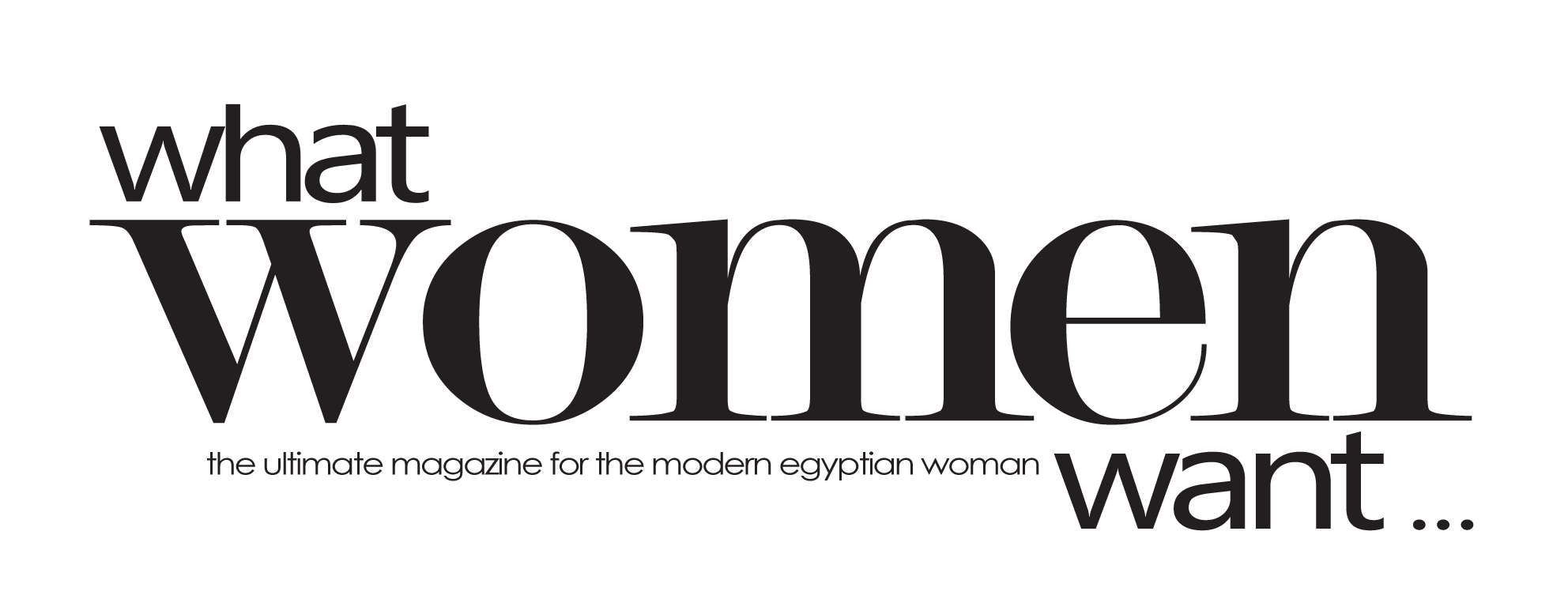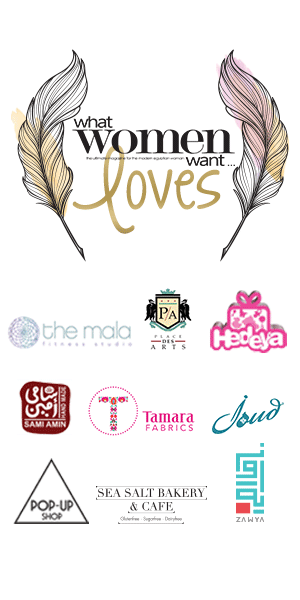The first time we heard about Noor Hilal’s upcoming project, it caught our attention. She is a Syrian/Slovenian professional writer and director based in Kuwait. Her upcoming film, Marriage: Impossible, is a light-hearted romantic comedy. It is about an Egyptian man and American woman’s relationship, starring Ahmed Ezz. We spoke to Noor Hilal and found out more about the film.
Please walk us through the film.
It’s a wedding film. The couple, the Egyptian guy and the American girl met in New York. They fell in love, he proposed, they want to get married. So they decided to have the wedding in Egypt. It’s about the families getting to know each other before the wedding. There are cultural clashes. And even at one point the couple thinks maybe we shouldn’t be doing this. The end I’ll leave for you to watch. (laughs)
How did you develop the idea? Is it a true story?
Yes. I have a friend who experienced this, but on a smaller scale. They were both Arab, and they were both Muslim. Still they couldn’t be together because he was a Shiaa and she was a Sunni. So I thought it’s so sad. I decided to pursue the idea of two people that really shouldn’t be together and how that would be.
Recently, Egyptians haven’t been very welcoming to foreigners. Who’s to blame for that?
I don’t know if there’s a specific side to blame. However, I think Egyptians and Arabs in general were blamed a lot by the west.
Did you notice it’s easier for an Arab man to marry a foreign woman, but not the other way around, like “we can have their women but they can’t have ours”?
When I was originally thinking of the film, I wasn’t sure should I make the woman Arab and him American, or him Arab and her American? I settled on that because of the reason you said, but I think that falls more towards religion. And more towards how much we’re very contradicting. We cherish the woman, but at the same time we cage her.
Do you think your film can bridge towards people being more accepting of any two who want to be together?
Yes, I think. That’s another message I want to send. Ultimately, you have one life. I can’t sit there and make a list of people that I really shouldn’t be with.
You said you wanted to portray the real Egypt. Do you think you’ve succeeded in doing that? If so, how?
I think I have because I’m tapping into a lot of different aspects of Egypt. The main character is an Egyptian man, but he’s lived outside so he’s a westernized Egyptian. His family is from Shubra. They’re traditional. I have a character of a grandma who’s conservative. I have the brother who’s crazy and a stoner. And then visually and location wise, I’ve tried to cover as much as I can from the pyramids to Gouna.
Is the film English or Arabic spoken?
It’s more English heavy. It’s Arabic and English but it’s more on the English side.
You work in a production company. Is it a male dominated profession? Have you faced difficulties?
Big time. I don’t have one female on my team. When they suggest female employees it always has to do with hair, makeup or styling. It’s a very male dominant industry. I get asked constantly “why don’t you act?” because a director, is essentially everyone’s boss. So it’s not easy.
What is a film that you’d like to make in the future?
My dream is to do some sort of a biopic of a real character and their life. I want someone that’s controversial like Osama bin Ladin or Saddam Hussain. Someone that’s not very loved, but I would like to show a different perspective of him or her.


